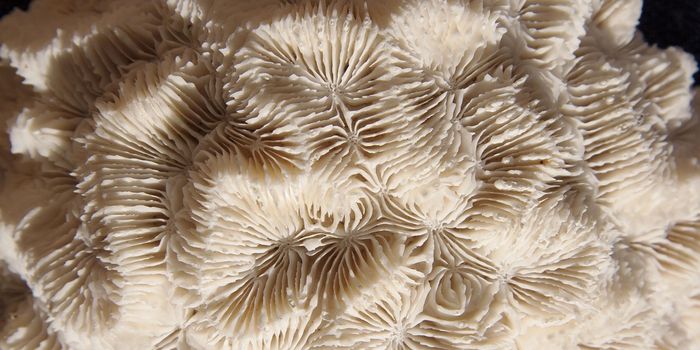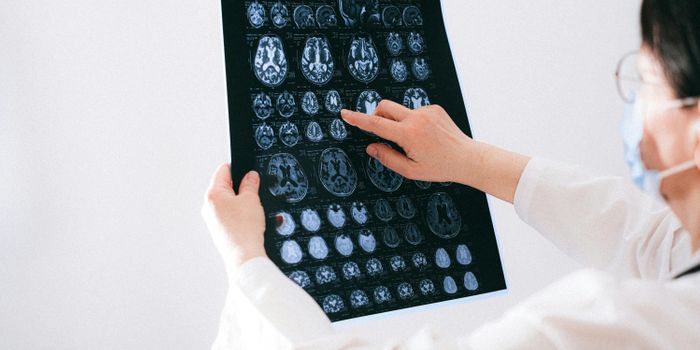Eye Opening Human Brain Recordings Validate Huge Assumption in Neuroscience
Scientists have always shunned assumptions, and for good reason. Assumptions can lead even bright minds astray. That's why it's surprising that for years, scientists studying human brain states have made a rather significant supposition based on research in other animals. They've been rounding up and equating non-invasive physiological measurements like pupil dilation with assumed changes in the human brain's complex chemistry.
Now, this assumption has found backing in a revolutionary study from Aarhus University and University College London. These new findings, published in Current Biology, validate numerous previous neuroscience studies while also laying the groundwork for many more.
A team of scientists led by Ph.D.s Dan Bang and P. Read Montague have confirmed a long-held hypothesis concerning the role of norepinephrine in pupil dilation, surprise, and attention.
Creative Commons Attribution 4.0 International
Norepinephrine is a key neurotransmitter and hormone influencing our cognitive processes and emotional responses. Also known as noradrenaline, it's closely associated with arousal and attention. It plays a pivotal role in our fight-or-flight response (its connection to the freeze or fawn threat response remains unclear).
While non-human animal studies have provided vast insight into norepinephrine, direct measurements within the human brain have remained an uncharted frontier. Scientists have relied on assumptions, using eye dilation as a proxy for changes in neurotransmitter release. The recent study, however, made a significant stride by correlating eye dilation with norepinephrine dynamics in the human brain.
To achieve this feat, Bang et al. worked with clinicians who were implanting therapeutic electrodes into the brains of epileptic patients. The researchers slid their chemical-sensing electrodes along the track of the clinical ones. While the three epileptic patients viewed neutral or shocking images, the electrochemical electrode recorded norepinephrine release in the amygdala. Bang et al. found that sub-second changes in norepinephrine accurately predicted the participants' pupil dilation, emotional responses, and levels of surprise. While it's not a one-to-one relationship, the study suggests that the norepinephrine system and the mechanisms behind pupil dilation receive similar inputs.
The Bang et al. study is the first to demonstrate that scientists can obtain estimates of human neuromodulator release from the same electrode depth routinely used in clinical practice.
But this soon-to-be highly cited study doesn't just break new ground; it validates countless previous studies. We now possess tangible evidence that links easily observable cues to internal molecular changes. Scientists studying the human brain won't need to assume that pupillary dilation reflects changes in specific neurotransmitter release.
This research opens a new avenue for exploring norepinephrine and other neuromodulatory systems. Future research might examine the activity of serotonin-altering depression drugs or investigate norepinephrine activity in individuals with sleep disorders.
In conclusion, this study offers profound insights into the brain's inner workings and promising new approaches to improving human health and well-being. No assumptions necessary.
Researcher P. Read Montague
Sources: Current Biology









